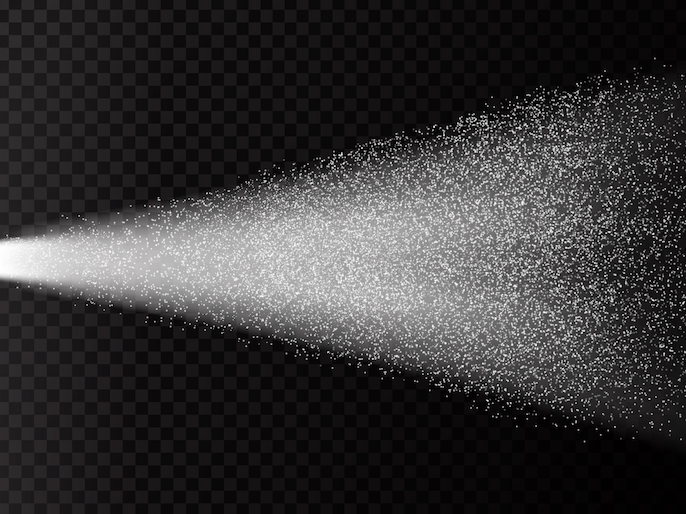Developing a thermostable needle-free vaccine
Virosomes are small particles used as vaccine delivery systems, usually in liquid form, as with the majority of market approved vaccines. They can easily become ineffective by accidental freezing and can only withstand temperatures up to 15-25 °C for a few hours a day, otherwise the vaccinal antigens can degrade. Freeze dried (or lyophilised) virosomes stored frozen in glass vials were developed more than 10 years ago for the virosome-based malaria vaccine, (administered by injection), but while they can withstand higher temperatures, it is still only for short periods. To improve temperature stability, the EU’s MACIVIVA project has transformed a liquid HIV vaccine candidate into solid powder form which can withstand freezing conditions and longer periods at high temperatures (up to 40 °C). The project removed water from the virosome by heat spray drying or freeze drying, without altering the virosome structure, particle size or antigenicity of the vaccinal peptides and proteins. Overcoming cold chain dependency Vaccines rely on efficient cold supply chains to retain their bioactivity during storage and transport at 4-8 °C or frozen below -15 °C, and don’t support much high temperature variation. This makes them vulnerable to problems during transport, handling and storage, if the cold chain is interrupted. Consequently, millions of vaccines are discarded each year. MACIVIVA’s solution was to remove water using their adapted manufacturing process which protects the resultant powder-form vaccine for several months, even when exposed to freezing conditions or high temperatures (up to 40 °C). “The development of safe, bioactive, thermostable HIV and malaria vaccines are particularly suitable for warm and developing countries,” says Dr Sylvain Fleury, Chief Scientific Officer of Mymetics, and Coordinator of the project. As MACIVIVA’s approach avoids the need for a reconstitution step, the vaccines are ready for direct administration using a nasal spray or as a tablet. Another key innovation was that the antigen and adjuvant (immune response enhancer) are on the same particle, producing an ‘all in one vaccine’. “Our needle-free vaccine can be self-administered under professional health care supervision,” says Dr Fleury. “It eliminates the risk of needle injury and needle sharing, as can happen in poorer countries. Not to mention offering an alternative for those with a fear of needles.” To date, the solid powder vaccines have been tested in animals. The results confirmed that MACIVIVA’s vaccines maintained the initial immune response properties of the liquid form, with specific antibodies induced against the antigens. Towards clinical development Currently, the technology is available to companies interested in manufacturing products by spray drying or lyophilisation. The first generation liquid form HIV vaccine has been shown to be safe and well tolerated in human trials. However, the adjuvanted HIV candidate powder form vaccine, to be administered by capsules or nasal spray, will first require a toxicology study, before human clinical trials (Phase I/II trial, then a Phase III trial with at least 10 000 volunteers). The team is presently seeking funding to start the clinical trials, first in adults and then with the vaccination of children and teenagers to prevent HIV-1 infection, the priority target population. “Aside from the potential to protect people from illness, MACIVIVA’s vaccine manufacturing processes and know-how help maintain European competitiveness in the sector, encouraging further investment and creating job opportunities,” says Dr Fleury.
Keywords
MACIVIVA, needle, vaccine, HIV, malaria, thermostable, illness, toxicology, clinical trials, nasal spray, capsule



